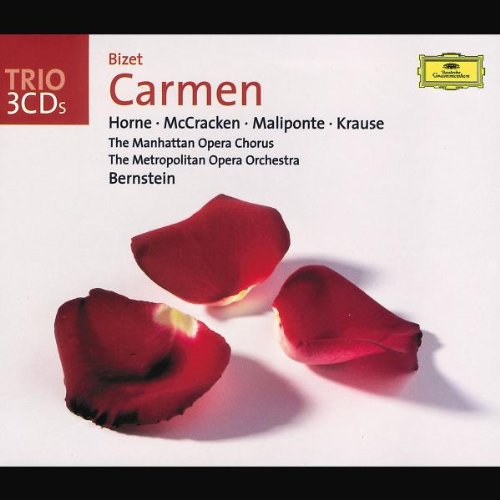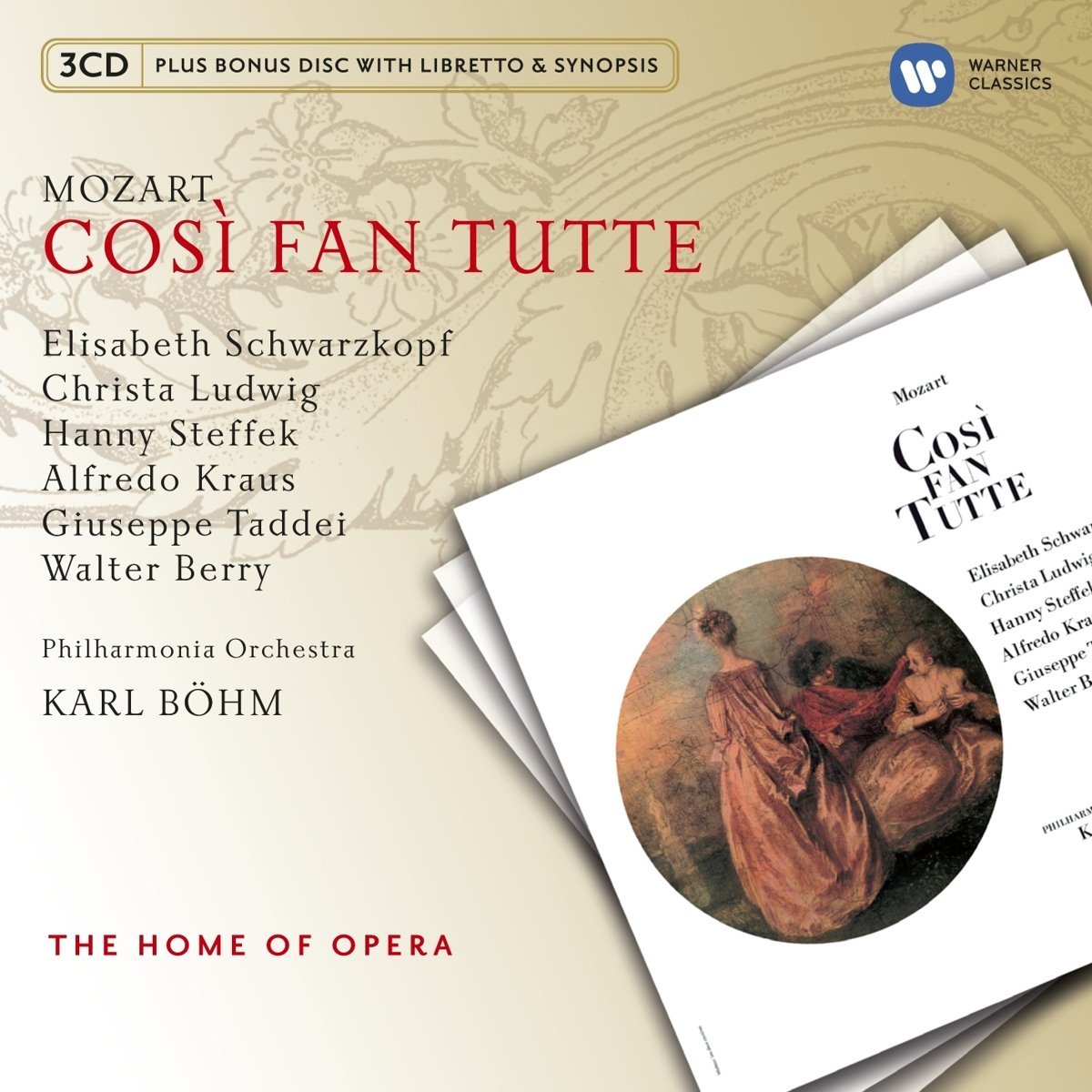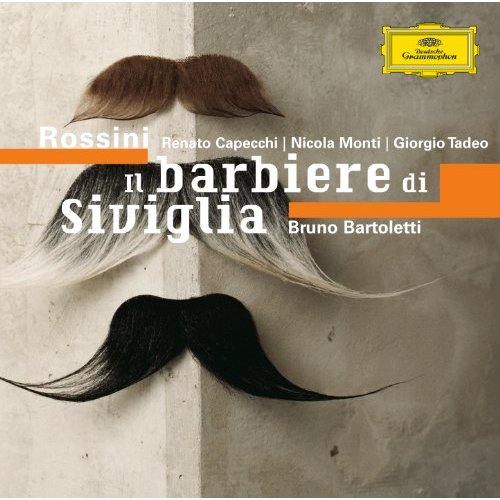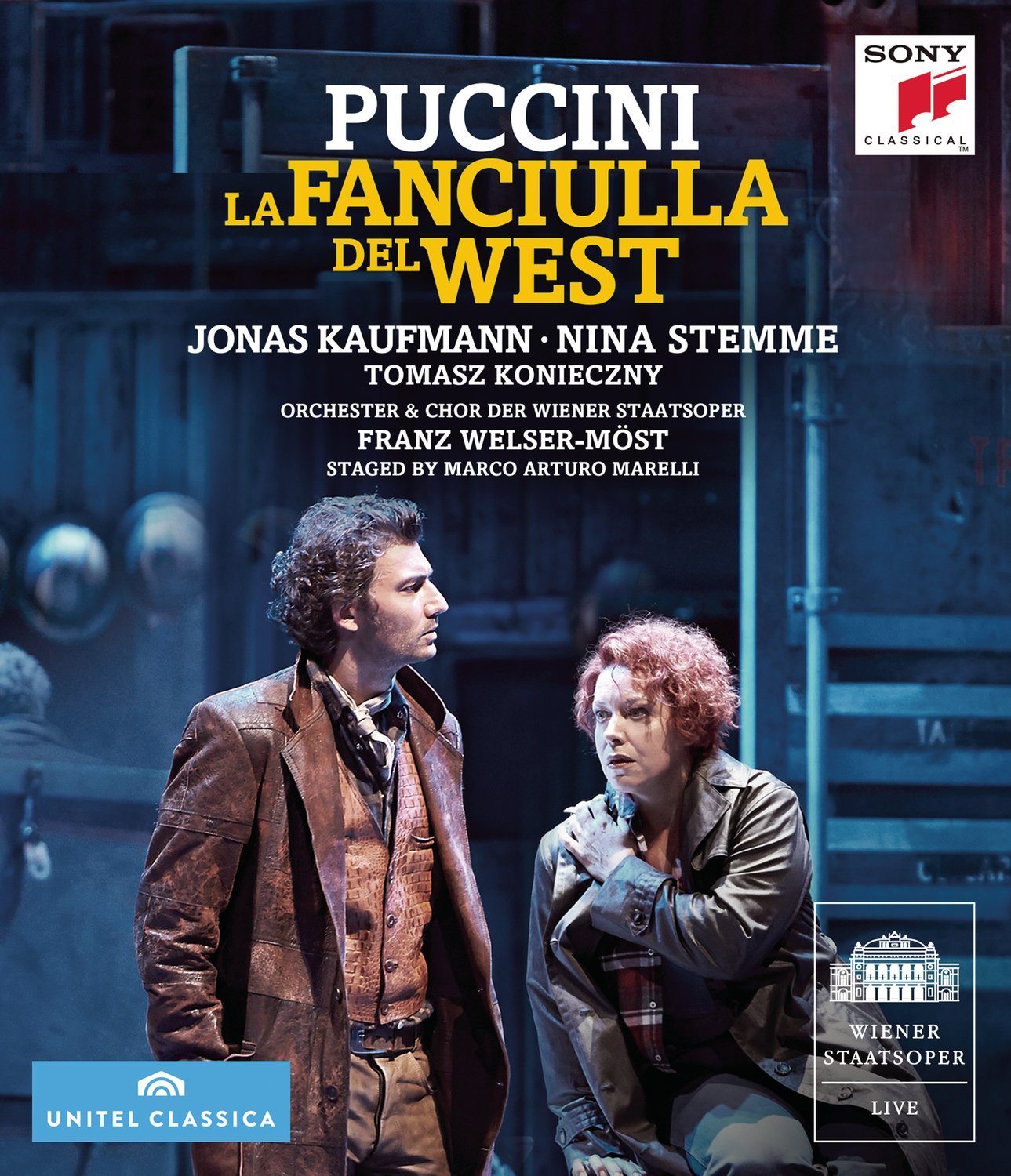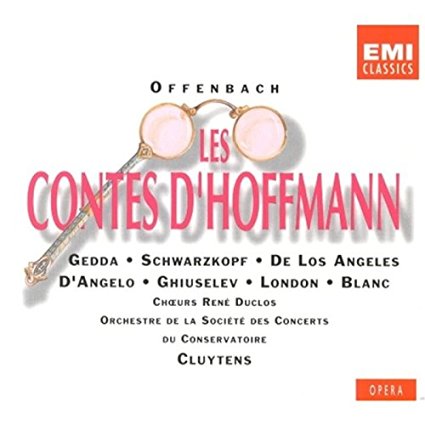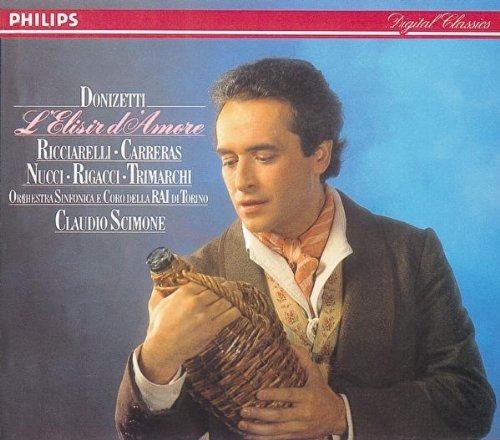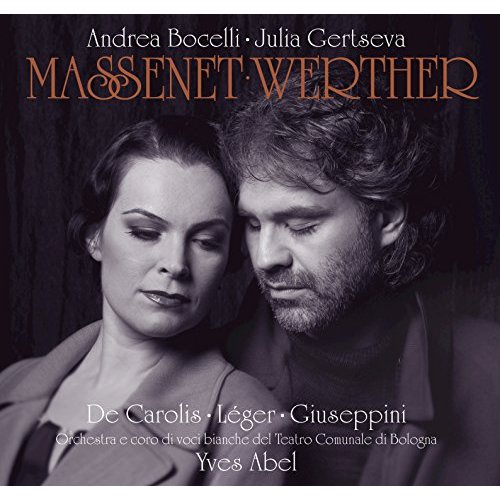I’ve been listening to opera seriously for about seven years now. I attended my first opera in the early nineties, though I can’t remember if it was Bizet’s Carmen or Tchaikovsky’s The Queen of Spades. It may have even been Rossini’s The Barber of Seville. At any rate, I’ve seen about two dozen operas live, and have recordings of over 700 (different) operas in total. Yes, there are that many, and more. It would take a very long time to listen to them all, but I’m trying my best. I mostly listen during my hour-long commute to work each day, which makes for a wonderful journey.
There’s a lot to know about the opera world, and even with my modest experience I still feel like I have much to learn. I likely know far more than the average person (after all, opera is not exactly popular with the masses), but far less than the connoisseur, so I hesitated to create this blog. It started out as a nightly post I would make on my personal Facebook page, which drew little interest from my mostly non-opera-loving friends and acquaintances. It needed a new home.
My intent is to educate people interested in, but mostly unfamiliar with, opera. Perhaps you are willing to give opera a try but don’t know where to start. Opera can seem quite intimidating and inaccessible, if I read my friends and acquaintances correctly. The foreign languages, the elaborate singing, the formal atmosphere of an opera house all contribute to a feeling of it being something esoteric. What a shame, because the music is rich, varied and glorious and it saddens me that more people aren’t exposed to it. Some operas are indeed an acquired taste (I still struggle with Wagner and the Czech works, to name a few), but you certainly don’t have to like all of it (after all, I don’t like all rock, pop or classical music – but I love some of it). Also, I find that the more I listen to and am exposed to different operas, the more they start to grow on me. It takes time with some of them; others I like instantly. Some I don’t like at all, because they just bore me.
What got me interested? I trace it back to two events in my life. One was watching Bugs Bunny cartoons as a child. These cartoons frequently used classical music in the background (lots of Rossini, and some Wagner), and also featured operas on occasion (I remember one episode called, The Rabbit of Seville, and another that featured Elmer Fudd as the iconic Brunhilde (the famous character from Wagner’s epic Ring cycle)). These made quite an impression on the younger me.
But it wasn’t until years later, when a college psychology professor lectured frequently about Tchaikovsky and his music that my interest was rekindled. I became obsessed with Tchaikovsky’s symphonies and his orchestral works, which opened up a sublime world of great feeling, depth and pathos for me that I treasure to this day. This led me to explore some Russian opera (Tchaikovsky’s Eugene Onegin and Queen of Spades, Mussorgsky’s Boris Godunov, and Borodin’s Prince Igor), not exactly standard places to begin. But The Queen of Spades enthralled me when I saw it during a blizzard in a relatively empty Metropolitan Opera House in New York City. I was mesmerized. I was able to relocate to a prime (and very expensive) seat right up front, and it felt as if the performance was being put on just for me. It was dramatic and haunting and emotional and intimate, and I loved every minute of it. Later that year, watching the fantastic movie Amadeus sparked an additional fascination with Mozart’s operas (his Abduction From the Seraglio is now one of my top favorites).
I lost interest for a long while when life got hectic and I stopped listening to music regularly, but my old love was rekindled by the advent of mp3’s and thumbdrives, which made storing and playing operas in the car a breeze. Also, a subscription to both Spotify and Met Opera on Demand allowed me to enjoy many operas easily in the comfort of my own living room. Ah, technology! It just may save operas from fading into extinction, and help them appeal to a wider audience – I hope.
Back when most operas were written, recording technology did not exist. People had to attend live performances, which were perhaps more plentiful but were still not as convenient as popping in a CD or streaming. We are very lucky, and spoiled, in this regard. The music of the world is at our fingertips, and I hope to expose you to some really great pieces of it.
~ Tim Michaels
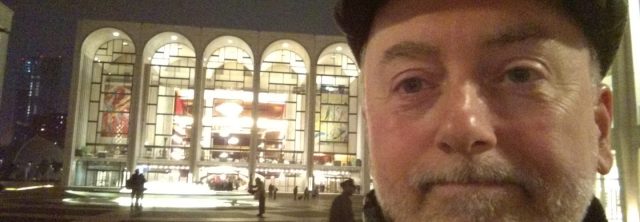
Me outside the Metropolitan Opera in New York City during one of my annual jaunts

